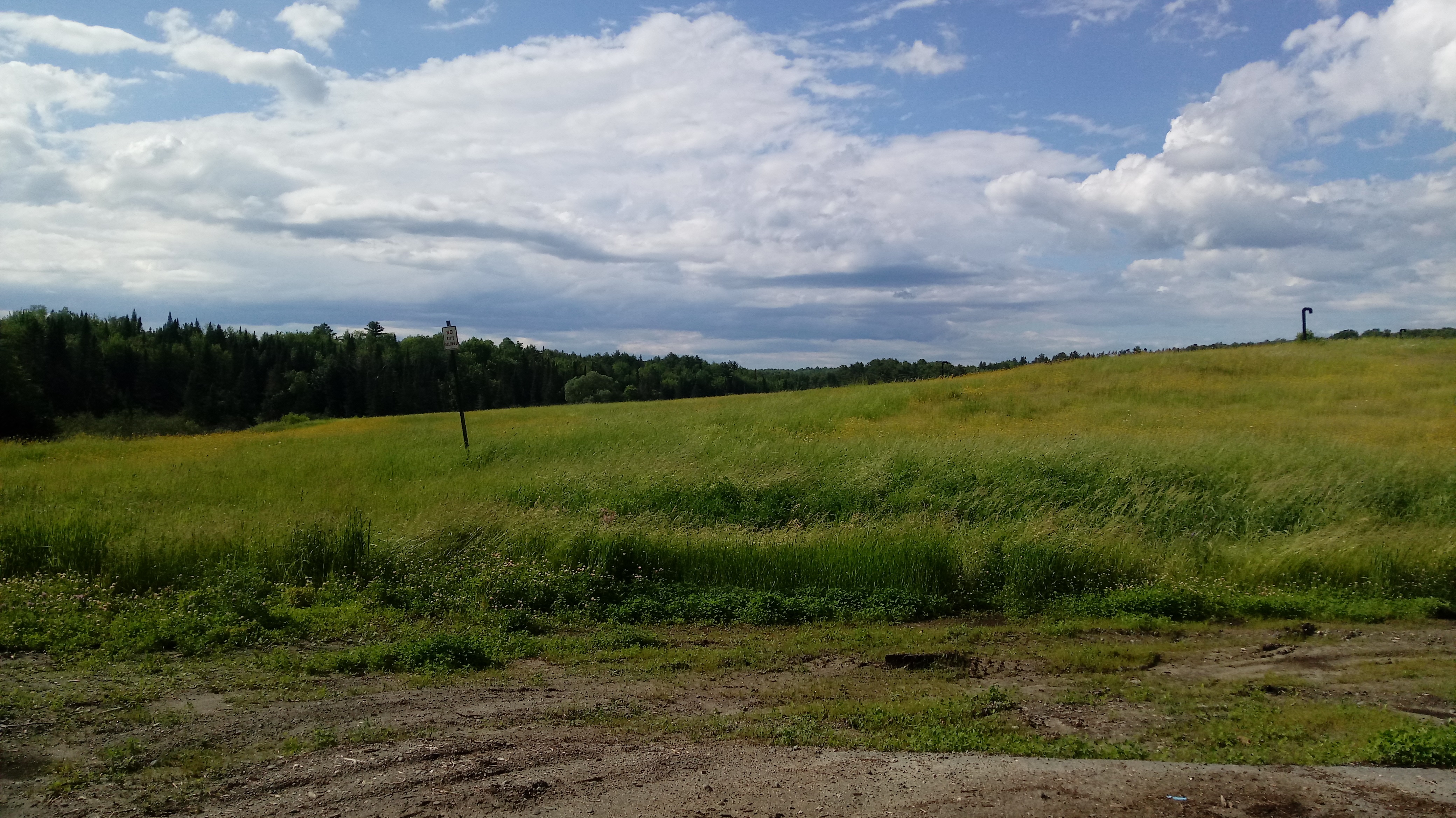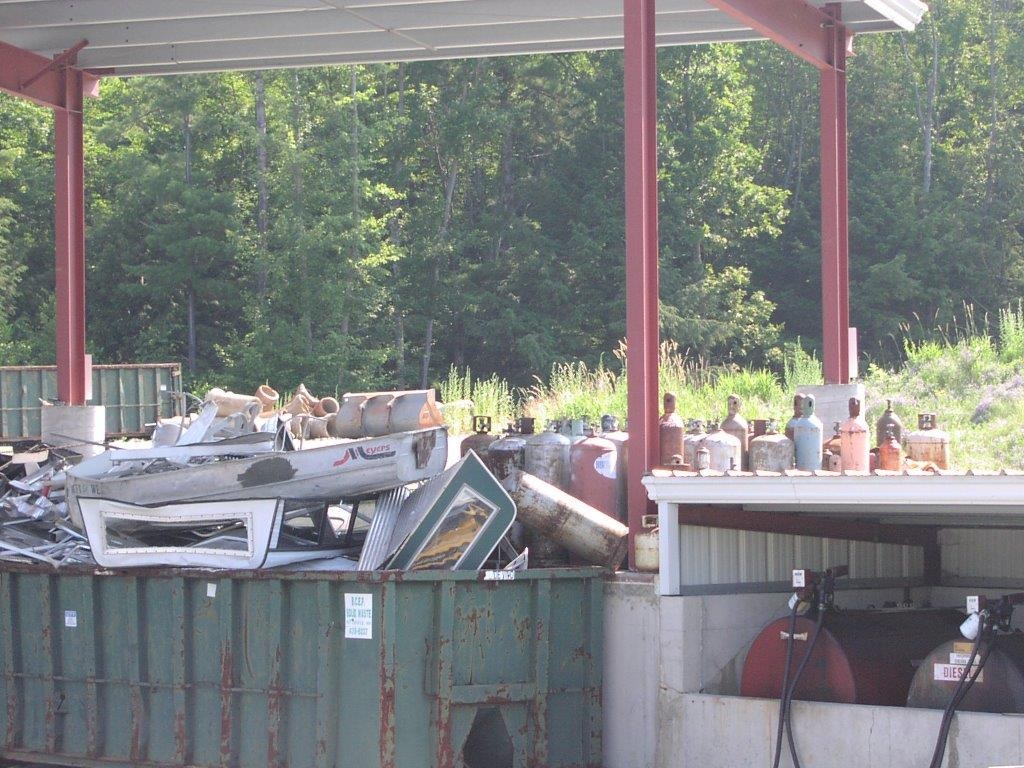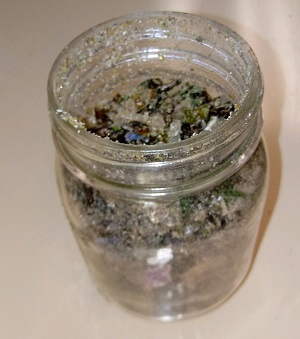Permitting
With few exceptions, solid waste management facilities must obtain a permit to construct, operate and permanently close.
With few exceptions, solid waste management facilities must obtain a permit to construct, operate and permanently close. The solid waste permitting system provides regulatory controls to assure proper construction, operation and closure of solid waste facilities, which protects the environment, public health and safety. Approvals are also required for certain solid waste management related activities, including the production and use of waste-derived products.
There are four core permit types for solid waste management facilities, pursuant to New Hampshire’s Solid Waste Management Act, RSA 149-M, and the New Hampshire Solid Waste Administrative Rules (Env-Sw 100 et seq.).
Standard Permit
Standard permits are the most comprehensive permits available, and are available for almost all types of solid waste management facilities, including landfills, transfer stations/recycling facilities and processing/treatment facilities, such as incinerators, composting facilities and material recovery facilities. Standard permits are required for facilities receiving more than 30 tons of waste per day that is not in a market-ready condition (in other words, not ready for a recycler). The following application forms are available for standard permits:
- Solid Waste Landfill
- Solid Waste Collection/Storage/Transfer Facility
- Solid Waste Processing/Treatment Facility
Permit-by-Notification
Permits-by-Notification are available for certain types of small-scale solid waste facilities that receive 30 tons of waste per day or less. Permits-by-Notification are available for: limited public transfer stations; collection centers for select recyclables, scrap metal collection and recycling centers; truck transfer stations; asbestos waste holding facilities for abatement contractors; infectious waste treatment facilities owned and operated by a licensed health care facility; facilities producing certified waste-derived products; and small food waste composting facilities. The following application forms are available for permits-by-notification:
- Asbestos Waste Holding Facility for Abatement Contractors
- Collection Centers for Select Recyclables
- Facilities Producing Certified Waste Derived Products Using Processed Non-Select
- Limited Public Solid Waste Transfer Station/Recycling Facility
- Scrap Metal Collection and Recycling Centers
- Small Food Waste Composting Facility (no more than 20% of vegetable and bakery waste in the compost recipe)
- Truck Transfer Stations
Documents
Related Content
Research & Development Permit
Research & Development Permits are available for research and development projects, as defined in Env-Sw 104 of the NH Solid Waste Rules. No permit is required for research and development facilities identified in Env-Sw 302.03(b)(7). There are no application forms available for research and development permits; please call the Solid Waste Management Bureau for guidance on making this application.
Emergency Permit
Emergency permits are available for solid waste management facilities that operate for a limited period of time in response to any emergency for which no other readily available response exists and for which a delayed response to obtain another type of permit will result in an unnecessary risk to public health, safety or the environment. There are no application forms available for emergency permits; please call the Solid Waste Management Bureau for guidance.
Note that each of the four permit types identified above have parameters specific to each, as shown in the table below.
Summary of Permit Types
| Permit Type | Facility Type | Fee | Processing Time | Duration | Modification Eligibility | Transfer Eligible |
|---|---|---|---|---|---|---|
| Standard Permit | All | Varies | Process Flow Chart | For the life of the Facility | Yes | Yes |
| Permit-by-Notification | Collection/Storage/Transfer, Processing/Treatment | $0 | 60 days | For the life of the Facility | Only Type III or Type V | No |
| Research & Development Permit | Landfill, Processing/Treatment | Varies | Process Flow Chart | For the life of the Project | Yes | Yes |
| Emergency Permit | Collection/Storage/Transfer, Processing/Treatment | $0 | Verbal (varies); Written (10 working days) | Time required to complete the emergency action | Yes | No |
Permit Modifications
Once a permit is issued, modifications may be requested by an application submitted to NHDES. The following permit modifications are available.
- Type I - for changes to the facility’s permit relative to increasing the approved design capacity; changing the expiration date of the permit (if any); reducing the operating life expectancy of a landfill; expanding a facility’s permitted service area; changing the facility service type; changing facility waste management methods; and any other change not otherwise available through a Type II through Type V permit modification.
- Type II - for approval of final construction, operating, closure, and financial assurance plans.
- Type III - for approval of minor changes such as a change in facility operating hours; a change in key above-ground site features; a change in facility operations to separately collect, store and transfer source separated select recyclables; for landfills, a change in the type of cover material to be used; a name change for a permittee or facility that is not a change in ownership or control; a change in organizational structure, officers, directors, partners, or key employees that is not a change in ownership or operational control.
- Type IV - for permit transfer, that is, changes in the ownership or operational control of a facility.
- Type V - for approval to destroy facility records.
In addition to permits and modifications, approvals are also required for certain other solid waste related activities.
 Pre-1981 Landfill Registration
Pre-1981 Landfill Registration
Landfills not operated after July 9, 1981, are eligible for registration as a “Pre-1981 Landfill,” which exempts them from regulation under the Solid Waste Rules. Owners of landfills exempted from the Solid Waste Rules pursuant to this process may still have regulatory obligations under other provisions of law and rule, and to manage the landfill in such a manner so as to protect public health, safety and the environment.

Waivers to the solid waste rules
Individuals and entities can seek a waiver to the Solid Waste Rules.
 Certified Waste-Derived Products
Certified Waste-Derived Products
Products made from waste must be certified for distribution and use in New Hampshire. NHDES has provided a mechanism by which waste-derived products can be certified for distribution and use. Once a waste-derived product is certified, it is no longer regulated as a solid waste until it is itself discarded.
Did you know?
Did you know?
Anyone applying for a Standard Permit for a Landfill must also submit a Groundwater Management Permit Application. Contact the Groundwater Management Permit Coordinator for info.




